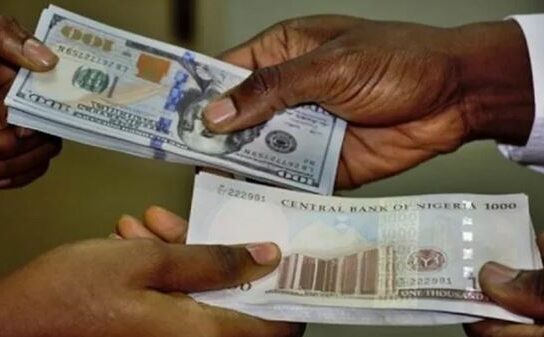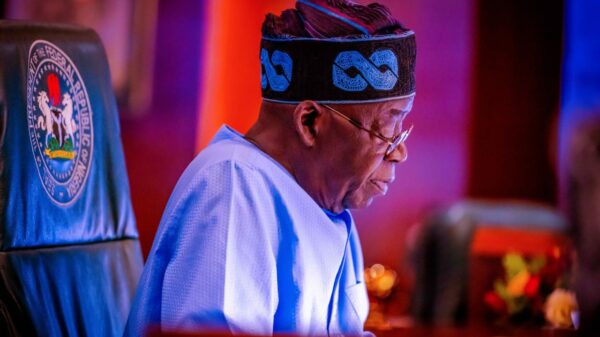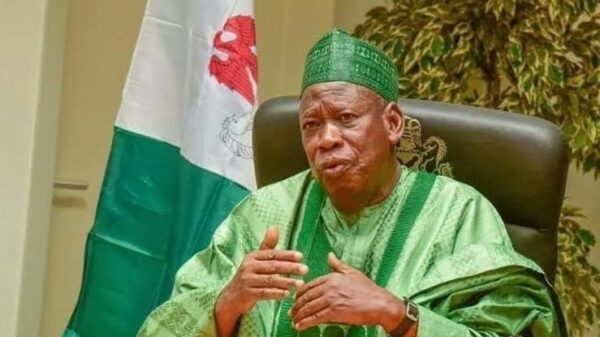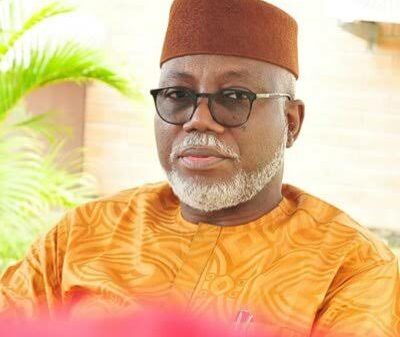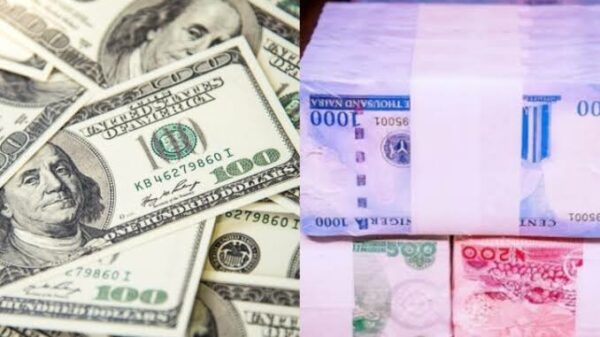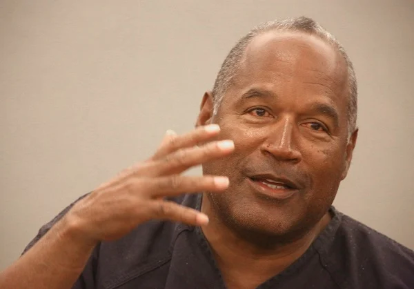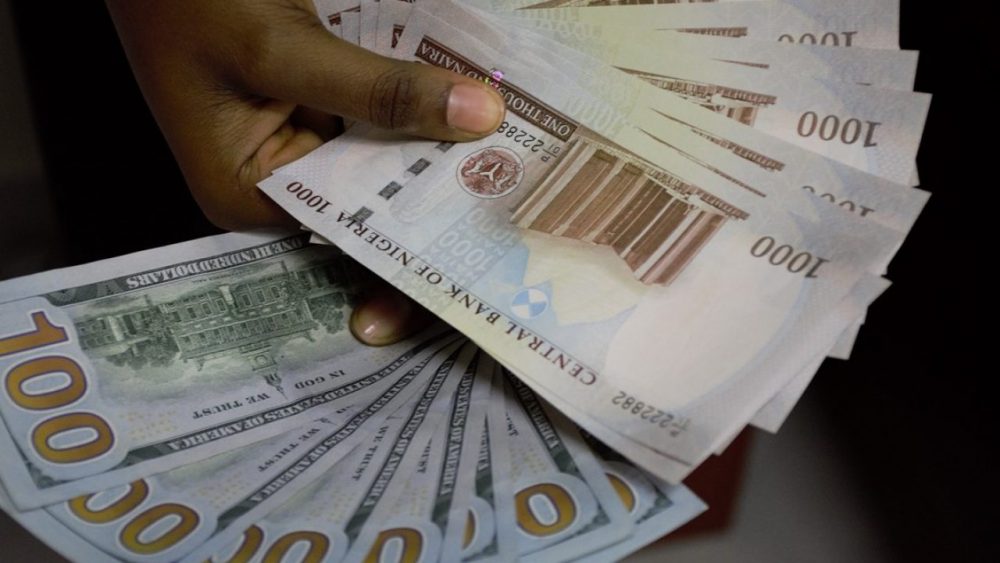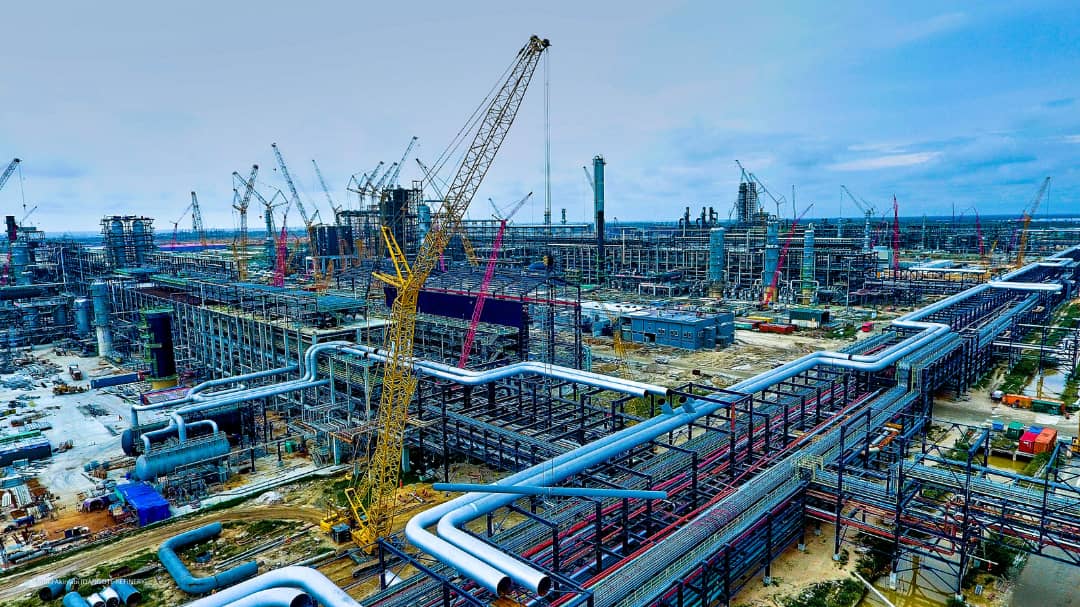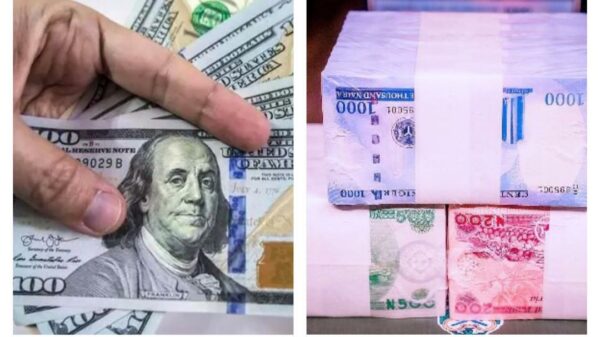Interrogating Oshiomhole’s Infant Industry Argument by Seun Awogbenle
Former Labour leader, Comrade Adams Oshiomhole, now senator, on Tuesday, September 26, made a most instructive argument in a parliamentary debate since the turn of the current Senate. During the screening of the Central Bank Governor, Yemi Cardoso, and his four deputies, Oshiomhole offered a telling point of note on the country’s economic management, calling for a need to interrogate current assumptions.
While I did not agree with Oshiomhole in part, on the need to revert to a hard-pegged foreign exchange regime and jettison the current forex reforms, I think that his point on protecting local industries from foreign competition, is quite valuable and offers a refreshing perspective. Hear him “If we allow Nigerians to import everything without restriction and you have limited dollars available, the Naira will continue to suffer devaluation. The game of competition presupposes equality and a level playing field, you cannot ask a featherweight champion to engage a heavyweight champion in the name of competition.”
Now, listen to his punchline. “Nigeria needs specific tools to protect industry at home and not pretend that a man without one leg can compete in a race with a man with two legs”. I find those perspectives quite valuable, especially at a time when we need a robust economic blueprint to meet our current challenges. Unbeknownst to Oshiomhole however, his position is rooted in the infant industry argument, which was first canvassed by Alexander Hamilton, one of the founding fathers and first Secretary of the Treasury of the United States, in 1790.
Hamilton argued that critical industries cannot flourish with foreign competition and that developing a country’s industrial base requires some protectionism. Some of the countries that have applied this economic thinking previously include the United States (1816–1945), Canada (1879–1950), Japan (1945–1970), South Korea, and Taiwan. In essence, most of the advanced economies today have had a period of protectionism, looking inward and boosting their local industrial base before opening up to global trade.
For the avoidance of doubt, this opinion is not an endorsement of wholesale protectionism. I am, in fact, for a liberalized foreign exchange market, and moreso, as a development economist in training, I am inclined to lean towards free-market principles. However, there is a lot of economic common sense (apologies to Sen. Ben Murray Bruce) in what Oshiomhole has canvassed, which also explains why we must apply homegrown and tailor-made solutions to our challenges, which sometimes can be measures of protectionism and free-market.
Our current challenge is that the contribution of industry to GDP is largely suboptimal and inadequate to meet both our local demand and exports. Rather than enhance our industrial base, we have become an import-dependent nation, relying on everything from abroad. In 2021, for example, the contribution of industry to GDP was 20 percent, considerably eclipsed by agriculture at 25 percent. In most advanced economies, sectoral contributions to GDP are mostly in the order of services, industry, and agriculture. The agricultural contribution to GDP should be somewhere in the region of 10 percent or even less. Services and industry are the two critical sectors for growth.
Most classic economic arguments lend credence to this common knowledge. For example, the stages of economic growth espoused by American economist Walt Rostow, known as Rostow’s stages of economic growth, revealed that the first stage of five is usually dominated by traditional society, otherwise known as subsistence agriculture, whereas at the take-off stage, every economy would witness a significant rise in investment and development of manufacturing.
While the idea of free trade is largely beneficial, the reality is that developing economies like Nigeria are mostly the losers, especially as our industrial sector is still struggling, which is evidenced by our negative balance of payments. It can sometimes even be argued that imports can drive down prices, but in reality, overreliance on imports also creates unfair competition that cripples local industries, weakens local currency, and creates unemployment.
What we must do urgently is strengthen our industrial base to meet our local demand and have enough to export, so that we can maximize the gain of free trade and stop getting the short end of the stick. This idea has since been popularized by the “grow what we eat and use what we produce” campaign.
I must, however, apply a note of caution, that within the current trend of globalisation, protectionism is not sustainable and can only be an interim measure. As one would see from the examples of countries like the United States and Canada that I cited earlier, who are now the leading proponents of global trade, each of these world powers had a phase of protectionism, which provided them with an opportunity for economic reset.
Whatever the solution or approach, however, I can tell you that the road ahead will not be easy. Putting our economy back on the path of progress will require a painstaking and robust economic plan that is homegrown and tailored to our peculiarities, but I strongly believe that yes, we can!
Seun Awogbenle, a Development and Public Policy Professional, writes from the United Kingdom. He can be reached via [email protected].


